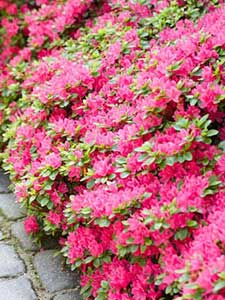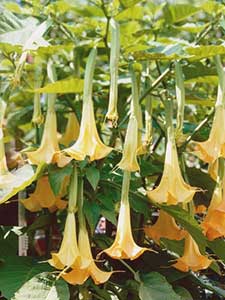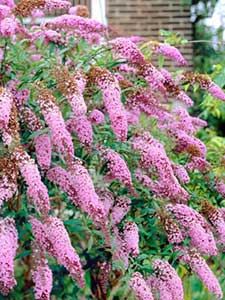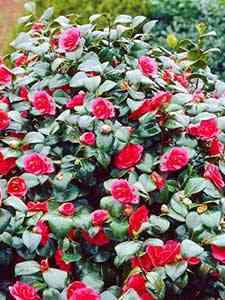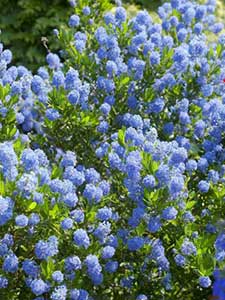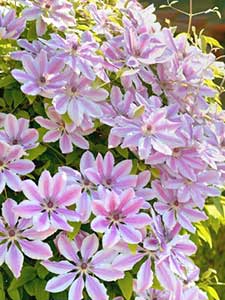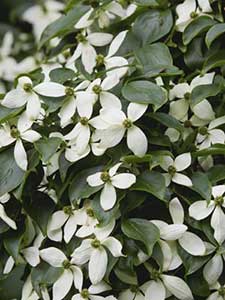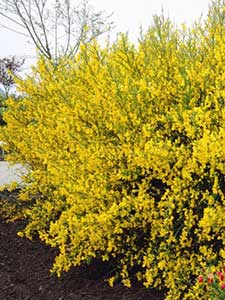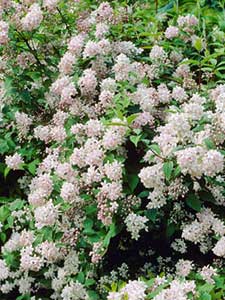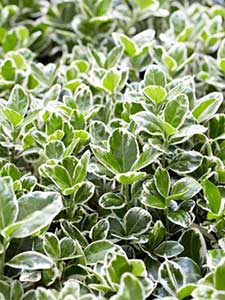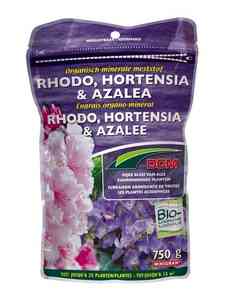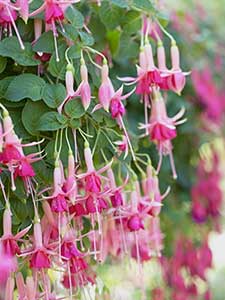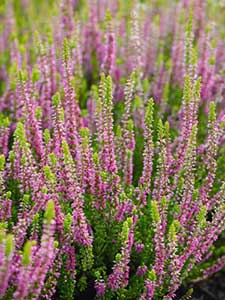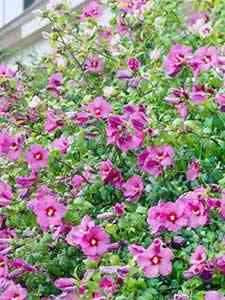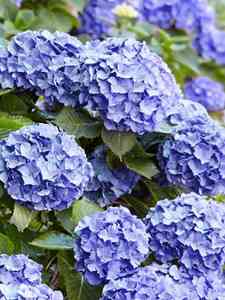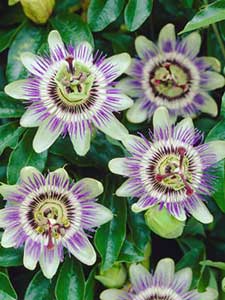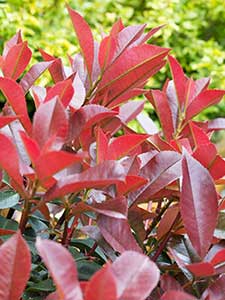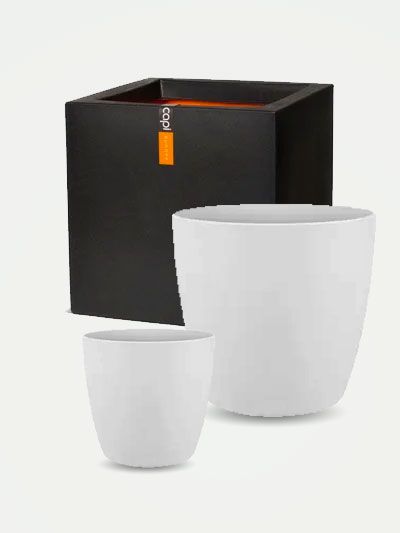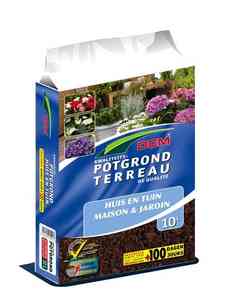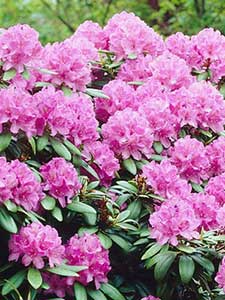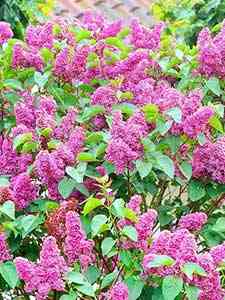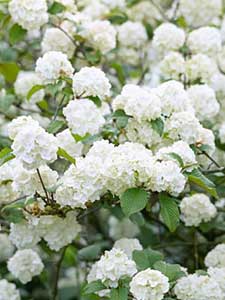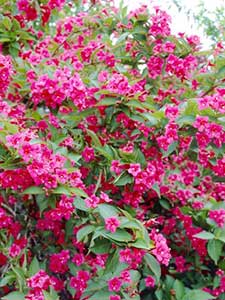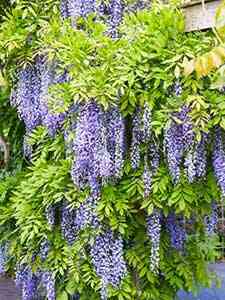Caryopteris
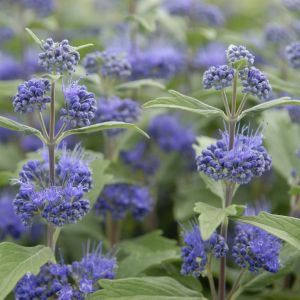 Caryopteris x clandonensis Heavenly BlueCaryopteris x clandonensis Heavenly Blue£4.50Stock 84Grown as both a perennial and a shrub because of it's compact nature this wonderful, sweet scented shrub produces clusters of tiny bright blue... Learn More
Caryopteris x clandonensis Heavenly BlueCaryopteris x clandonensis Heavenly Blue£4.50Stock 84Grown as both a perennial and a shrub because of it's compact nature this wonderful, sweet scented shrub produces clusters of tiny bright blue... Learn More Caryopteris x clandonensis Grand Blue 9Caryopteris x clandonensis£5.25Stock 57Grown as both a perennial and a shrub because of its compact nature this wonderful, sweet scented shrub produces clusters of tiny bright blue... Learn More
Caryopteris x clandonensis Grand Blue 9Caryopteris x clandonensis£5.25Stock 57Grown as both a perennial and a shrub because of its compact nature this wonderful, sweet scented shrub produces clusters of tiny bright blue... Learn More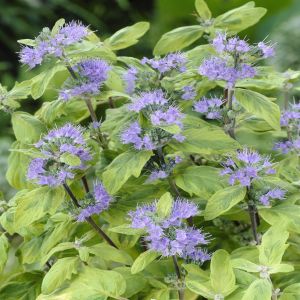 Caryopteris x clandonensis Summer SorbetCaryopteris x clandonensis Summer Sorbet£4.95Out of stockOut of stockThis new variety of Caryopteris produces golden variegated foliage and fragrant blue flowers late summer. Learn More
Caryopteris x clandonensis Summer SorbetCaryopteris x clandonensis Summer Sorbet£4.95Out of stockOut of stockThis new variety of Caryopteris produces golden variegated foliage and fragrant blue flowers late summer. Learn More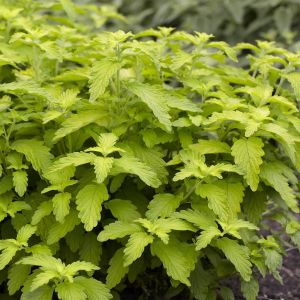 Caryopteris x clandonensis Hint of GoldCaryopteris x clandonensis Hint of Gold£4.75Out of stockOut of stockHint of Gold or Lisaura is a fully hardy deciduous variegated Clandonensis hybrid with a bushy rounded habit, featuring aromatic foliage with... Learn More
Caryopteris x clandonensis Hint of GoldCaryopteris x clandonensis Hint of Gold£4.75Out of stockOut of stockHint of Gold or Lisaura is a fully hardy deciduous variegated Clandonensis hybrid with a bushy rounded habit, featuring aromatic foliage with... Learn More
There are several cultivars of Caryopteris but Caryopteris x clandonensis is one of the most popular and the hardiest available.
Caryopteris requires nutritious, humus-rich, well-drained garden soil. Once established, they don’t require any supplemental watering, Looks well when planted with other late summering flower plants such as the solidago or Asters.
As the plants mature, prune out any dead wood in the center. It's a pretty low maintenance, bushy shrub with deliciously spicy scented foliage, that resembles the smell of lavender perfect for small or large gardens.
Caryopteris can be grown from seed or propagated by soft-wood cuttings in late spring. The leaves are slow to return in spring so you need to be patient, if yours looks like a dead twig just scratch the bark with your nail to see if it’s alive or not.


